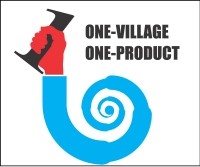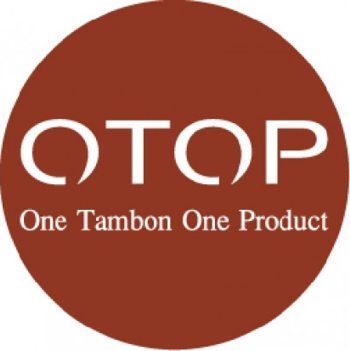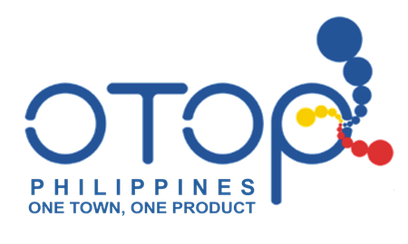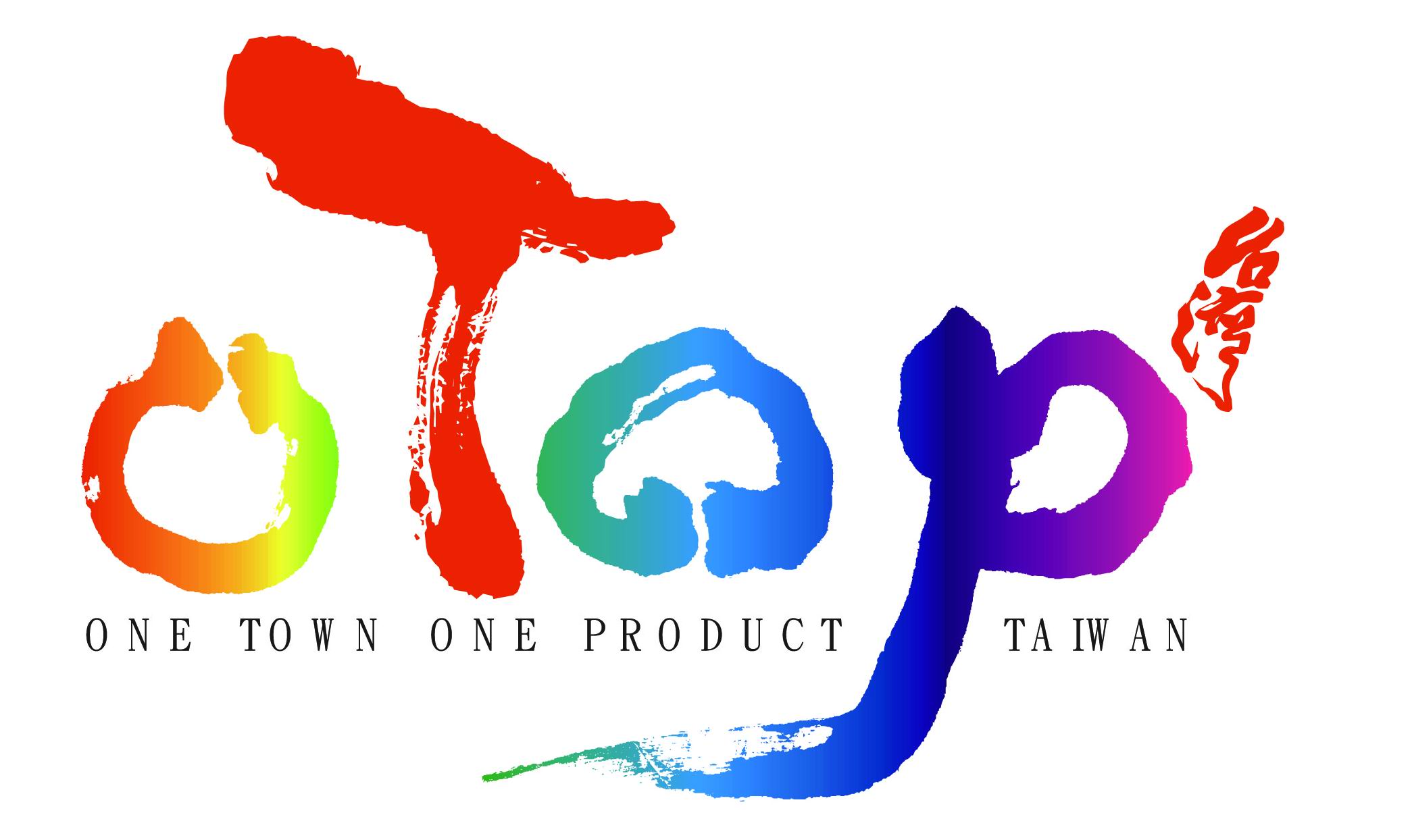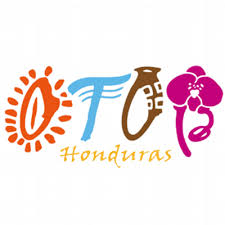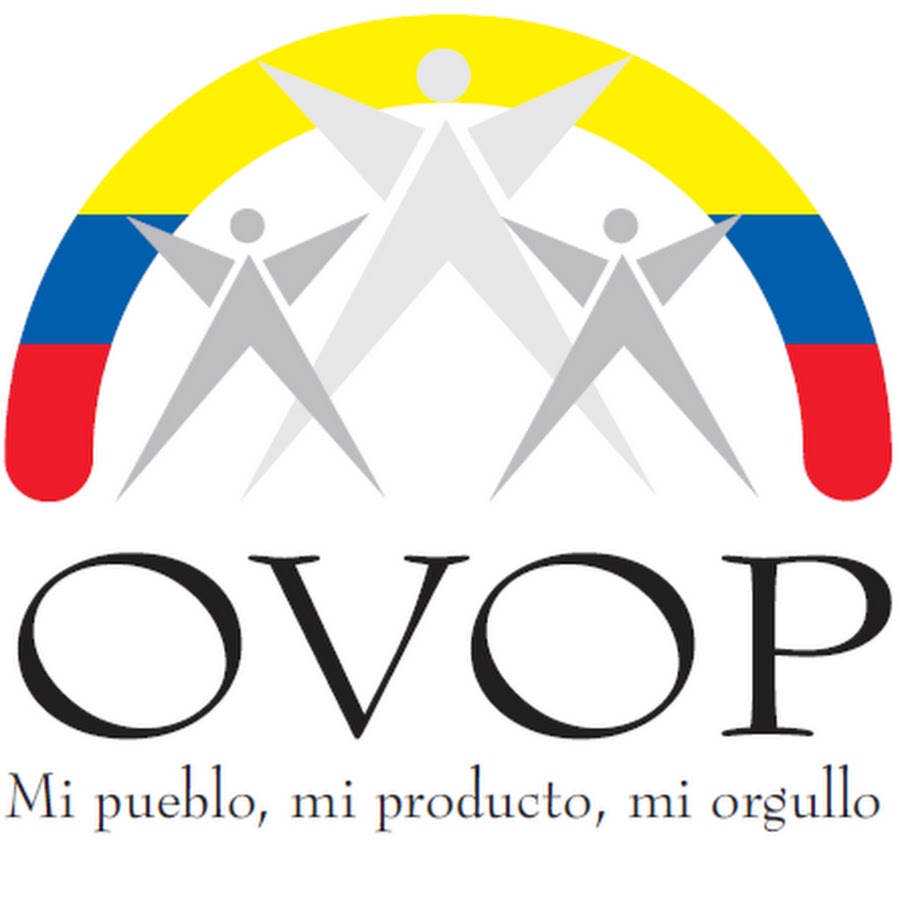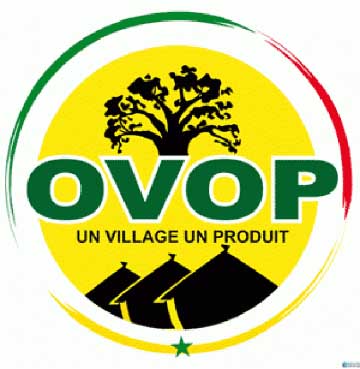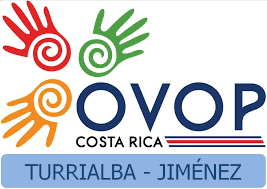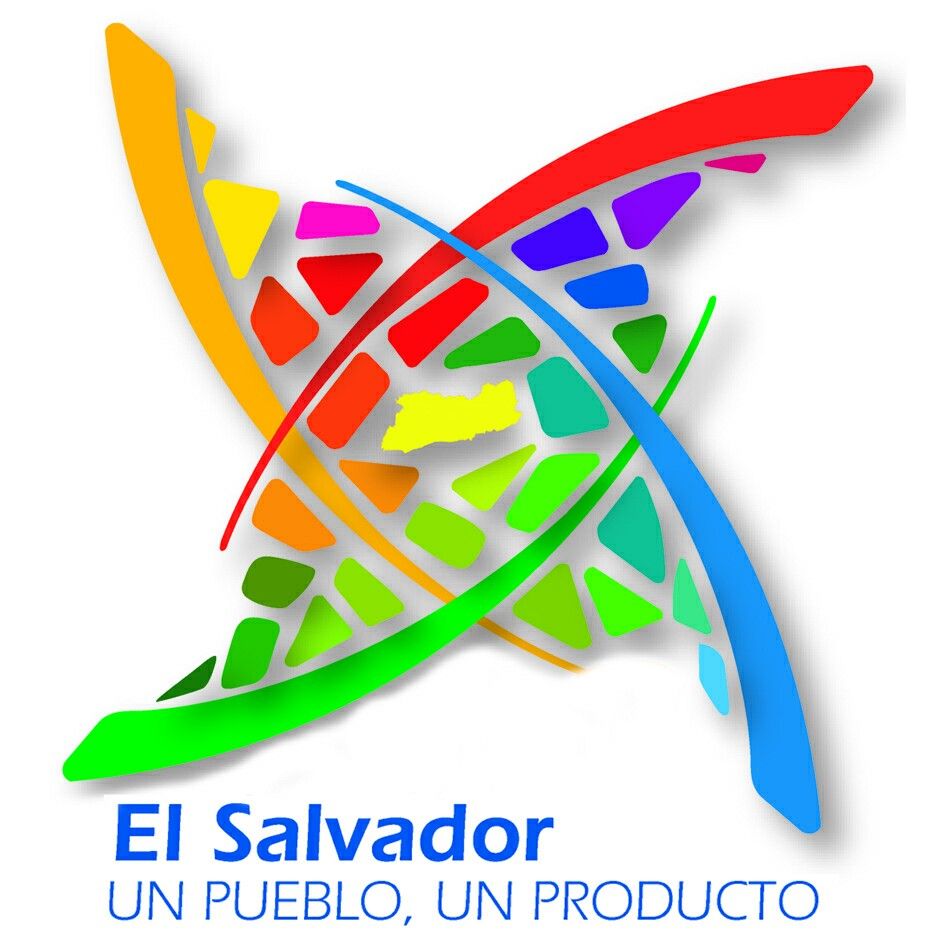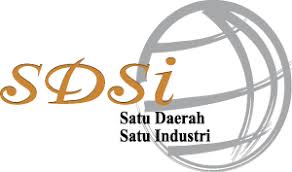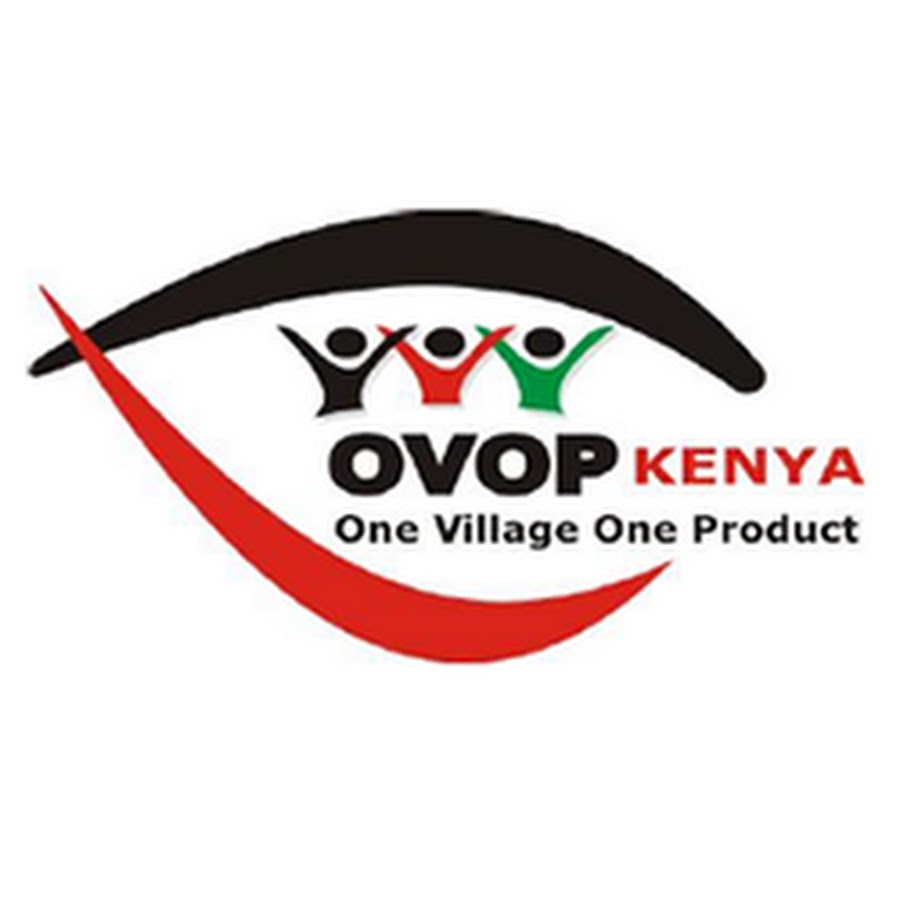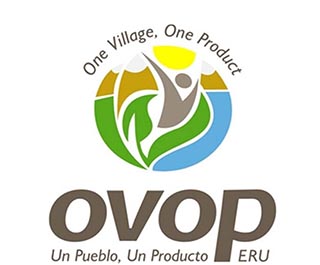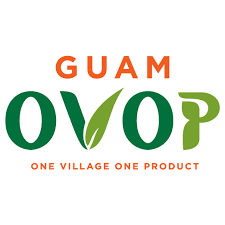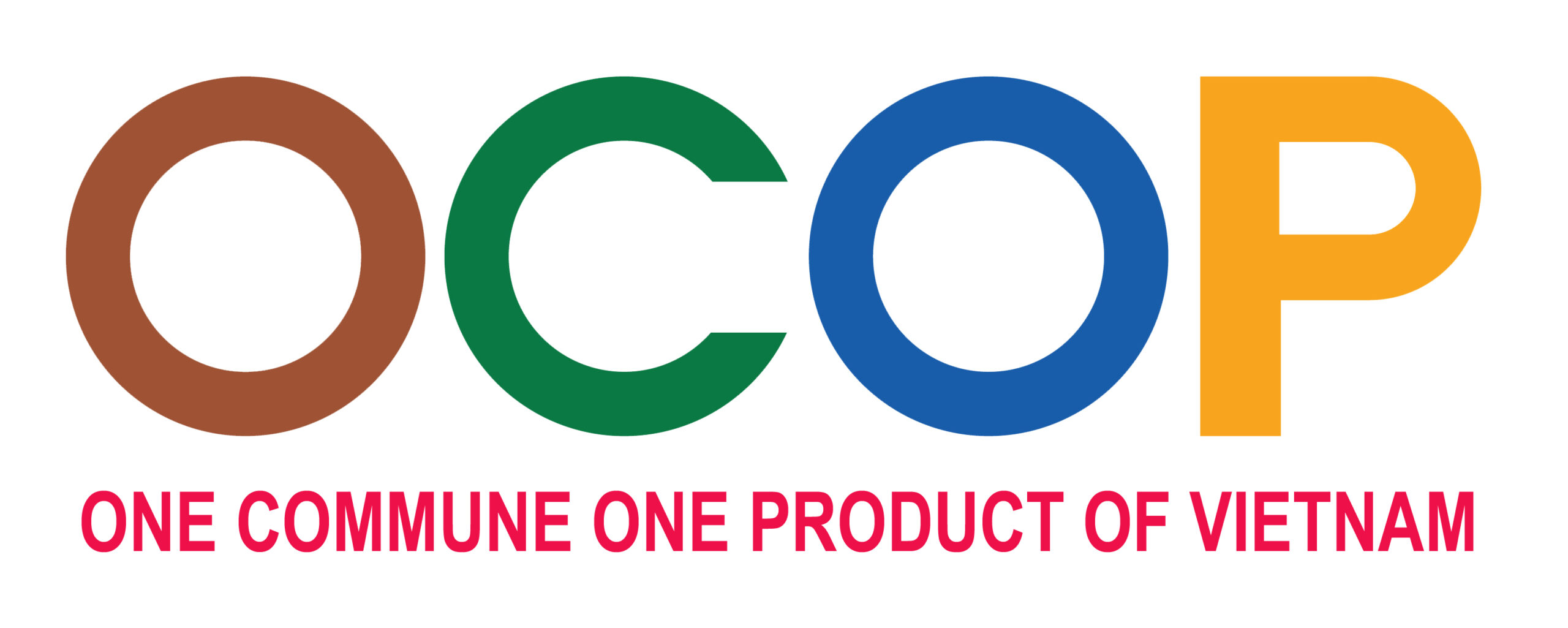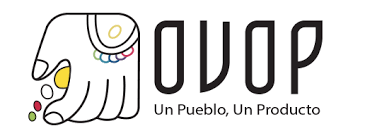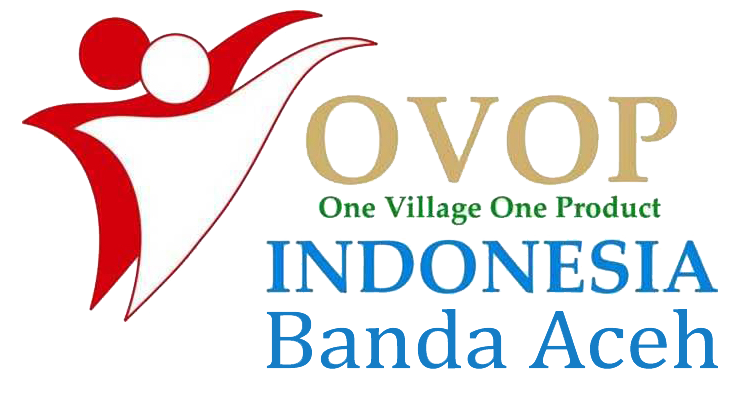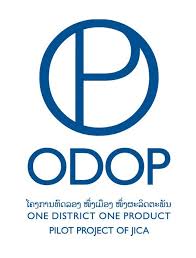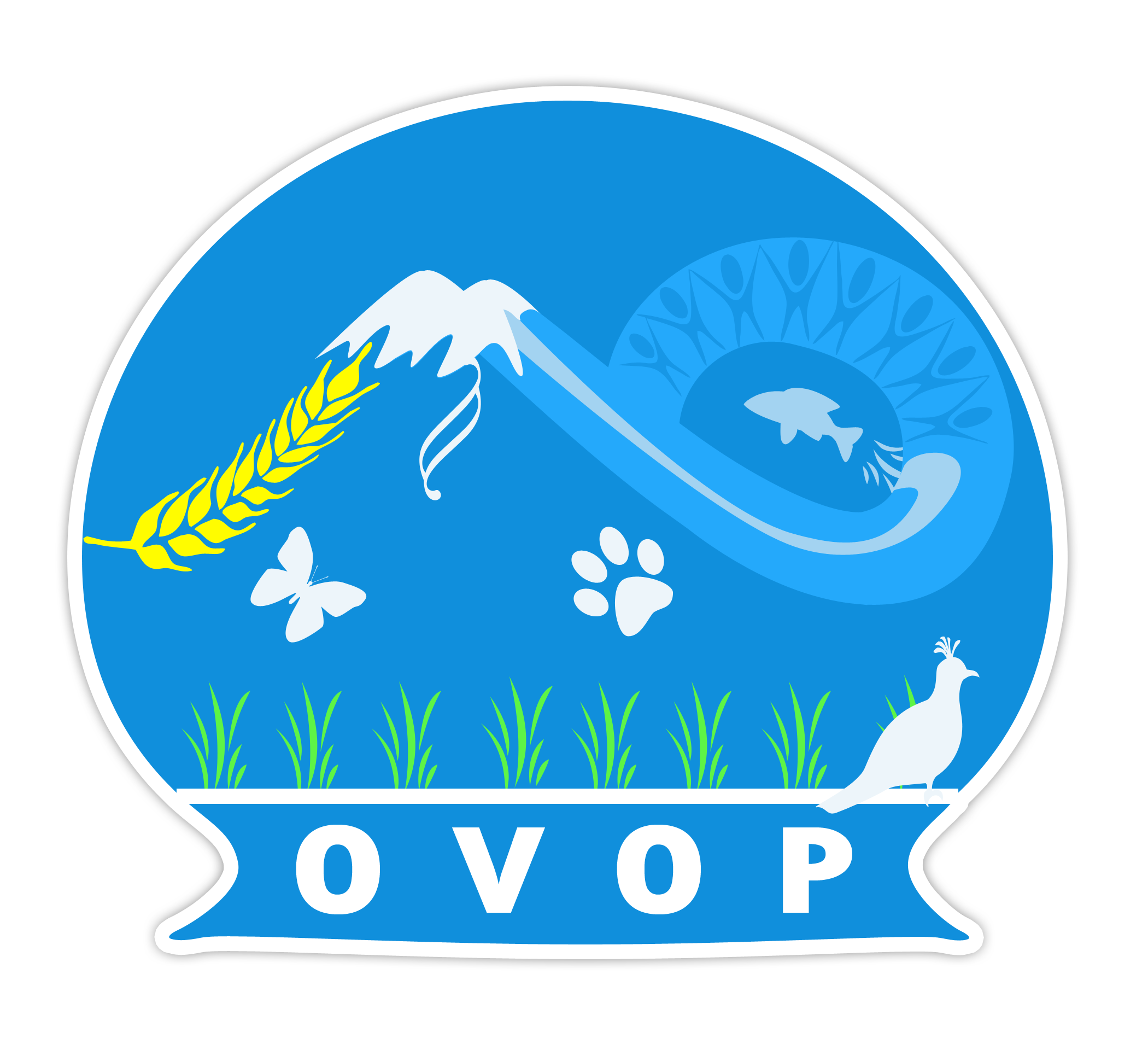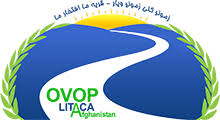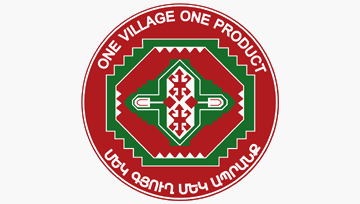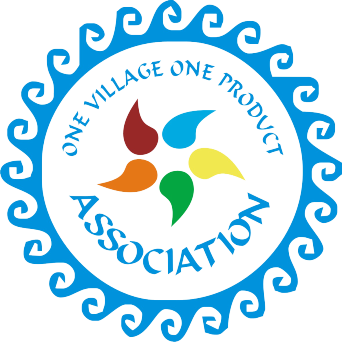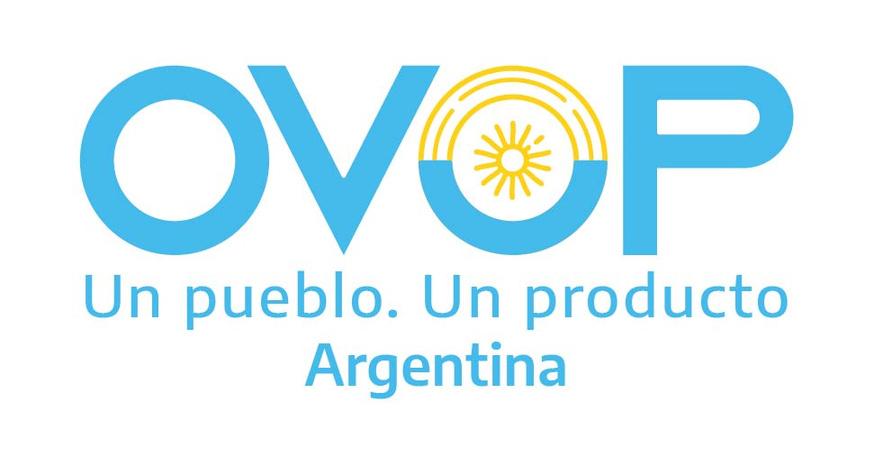Sustainable development aims to meet the needs of present generations without jeopardising the ability of future generations to meet their own needs. It provides a comprehensive approach bringing together economic, social and environmental considerations in ways that mutually reinforce each other. Sustainable development is described in the UN’s 2030 Agenda which was adopted by world leaders in 2015, represents the new global sustainable development framework and sets 17 SDGs. It is a commitment to eradicate poverty and achieve sustainable development by 2030 worldwide, ensuring that no one is left behind. The SDGs help to promote convergence between countries, within societies and with the rest of the world.
Vietnam has sustainable policies such as Vietnam Sustainable Development Strategy for the period 2011-2020 (according to Decision No. 432 / QD-TTg of the Prime Minister), the Resolution on National Action Plan 24-NQ/ TW, in 2013.This Action Plan is for actively responding to climate change, strengthening natural resources management and environmental protection. It was promulgated by the Minister of Industry and Trade (Decision 9792 QD-BTC in 2014) as well as different policies at government and ministerial levels. In recent years, Vietnam has been moving rapidly to higher levels in the global value chain with increasing production scales and capacities. The number of SMEs with green and responsible products is increasing, the number of businesses that are capable and willing to produce these products is increasing even more. On the domestic market, the group of young population with middle-income who wants to use sustainable products grows higher and higher.
OCOP aims to improve local economic based on local resources and innovation while respecting cultural and environment and fostering inclusive and green growth. OCOP started in 1979 in Japan and being expanding to more than 40 countries in the world which created millions of jobs for local people. OCOP has aligned philosophy with sustainable development.
According to Oita OCOP International Exchange Promotion Committee, there are three principles in the OCOP movement: (i) creation of globally acceptable products/services based on local resources, (ii) self-reliance and creativity, and (iii) human resource development. OCOP aligns to almost SDGs, but directly with the following SDGs: SDG 1 – No poverty, SDG 2 – Zero hunger, SDG 8 – Decent work and economic growth, SDG 11 – Sustainable cities and communities, SDG 12 – Responsible consumption and production and SDG 17 – Partnerships for the goals In Vietnam, OCOP promote oriented policies to support production, create sustainable jobs, create entrepreneurship morale as well as creativity and innovation, encourage the development of micro and SMEs. OCOP strives for the sustainable economic growth, promotes sustainable tourism, creates jobs, promotes local products and cultures. By the local economic development, OCOP contributes to the goal of eliminating poverty in rural areas, building the resilience of the poor and vulnerable people; reduce the risks and losses of these people on climate change issues.
After nearly a year of implementation, the country has 42 out of 63 provinces and cities approved the project at provincial level. Many activities have been carried out extensively across the country, from launching a startup program from OCOP in youth, students, rural tourism development program in association with OCOP and new rural construction, trading and promotion exhibitions for OCOP products locally ... The development of a co-operative domestic OCOP partnership system benefits and establishes global OCOP partnerships for the purpose of developing and exchanging international product trade and activities. The dynamic of the global OCOP network will contribute to the implementation and fulfillment of the development and elimination of poverty in Vietnam.







